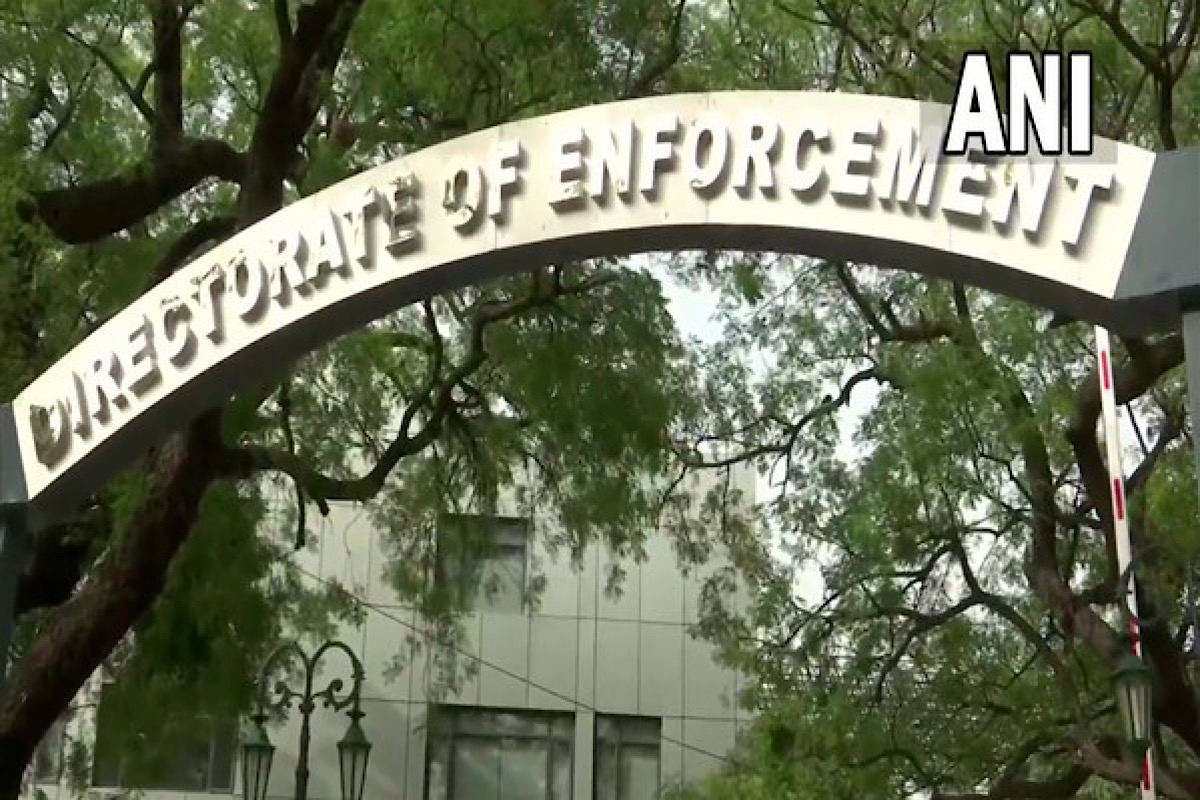A special PMLA court in Raipur on Friday sent Anwar Dhebar and Nitesh Purohit to 14-day judicial custody in connection with an alleged liquor scam to the tune of around Rs 2000 crore and extended the ED custody of two other accused Arun Pati Tripathi and Trilok Singh Dhillon.
Anwar Dhebar is the brother of Raipur mayor and Congress leader Aijaz Dhebar.
Anwar Dhebar, Nitesh Purohit, Arun Pati Tripathi and Trilok Singh Dhillon were produced in the court of Special Prevention of Money Laundering Act (PMLA) Raipur as their custody ended on Friday, said ED’s lawyer Saurabh Pandey.
Advertisement
The court has sent Anwar Dhebar and Nitesh Purohit to 14 days of judicial custody while the ED custody of Arun Pati Tripathi and Trilok Singh Dhillon extended till May 23, he added.
It may be recalled that in a release issued by the ED after the arrest of Anwar Dhebar, the agency stated that it had conducted searches at multiple locations in March and has recorded the statements of various persons involved in the process and collected evidence of unprecedented corruption and money laundering to the tune of Rs 2000 crore between 2019 and 2022.
PMLA investigation revealed that an organised crime syndicate led by Anwar Dhebar was operating in Chhattisgarh.
Commission of Rs 75-150 per case (depending on the type of liquor) was fastidiously charged by the syndicate from the suppliers for each accounted cash procured by CSMCL. Anwar Dhebar in conspiracy with the others started getting manufacturing unaccounted country-made kacha off-the-books liquor and selling the same through government-run shops. This way they could keep the entire sale proceeds without depositing even 1 Rupee in the State Exchequer, said the statement.
Notably, Tripathi is an officer of the Indian Telecom Service and posted here on deputation as special secretary of the excise department and head of Chhattisgarh State Marketing Corporation Limited (CSMCL). As the findings surfaced in the ongoing investigation, Tripathi was arrested.
The liquor scam is divided into three parts. The part ‘A’ deals with giving a selective license to liquor manufacturers and collecting commission while other parts are about commission collection and distribution as well as about how to collect commission from liquor shops.











